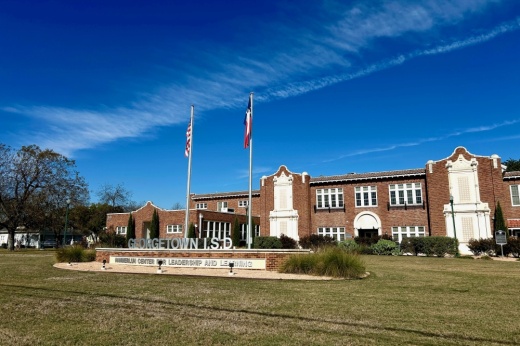What you need to know
District administrators highlighted areas of priority for GISD in a Jan. 7 board workshop, which will be shared with the broader district community and legislators, to communicate what is important to the school district serving their constituents:
- Increasing funding for special education
- Increasing the basic allotment per student
- Increasing the school safety allotment
- Full-day funding for pre-kindergarten
- Dedicated funding for mental and emotional health of students and staff
- Shift from an attendance-based funding model to enrollment-based funding
- Increase funding for career and technical education to meet workplace demands of the next decade
Increasing funding for special education and school safety would better provide for the needs of students, Superintendent Devin Padavil said.
In a presentation showing how much funding the district is allotted for special education services that the district is required to provide, the difference between state funding and actual cost of services for the previous school year is about $4.6 million.
Similarly, to meet safety requirements outlined in 2023's House Bill 3, which mandated armed guards at every Texas public and charter school, GISD Chief Financial Officer Jennifer Hanna said the district had to spend $298,827 more than provided by the state to create and staff a school marshal program to the specifications required.
What they're saying
The focus of these requests, Padavil said, is ensuring the district is able to adequately provide for students and employees in a competitive way.
"This is about ensuring that every student is thriving through the experiences they have in Georgetown," Padavil said. "This is about taking care of our people and this is about compensating our people to the level they deserve."
He said a source of concern, as the district works to improve compensation while providing quality services to students, is that students might reconsider becoming educators themselves.
"As a school district, we are going to run out of room to figure out how do we increase compensation," he said. "I get really concerned about young people getting disillusioned with the idea of 'I think I want to go into education' because we just can't keep up with inflation and the cost of living in Central Texas."
Remember this?
In the 2024-25 school year, the district is anticipating paying $17 million back to the state through recapture, a mechanism of redistributing funding from property-rich districts to those that are not.
Funding has been a primary source of concern for Texas school districts in recent years, as the basic allotment, a per-student funding amount that is part of the overall attendance-based funding formula which makes up the bulk of state funding received by school districts, has remained at $6,160 since 2019.





